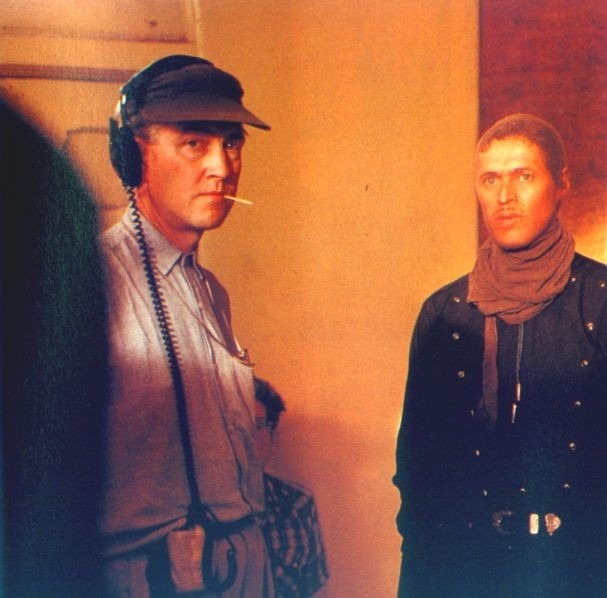

Dern reminisces about her crazy cousin just because it's fun to see Crispen Glover wig out for a hot minute. Cage and Dern meet Jack Nance at the trailer park, and he gives a menacing career highlight of a monologue, and then is never seen again.

The fact is, there's about fifteen minutes of story here that acts as a bare framework for Lynch to hang a million self-indulgent set pieces on, and they rock. It's a sad and powerful moment on its own, but as soon as they leave, it's completely forgotten and irrelevant to the rest of the film.īut that's not even necessarily a criticism, because it's a great scene and we're richer for having seen it. Cage and Dern meet Sherilyn Fenn, dying on the road after a car accident. What did it have to do with anything? Nothing! No connection to the plot, no affect on the characters. Cage and Dern meet Freddie Jones ( Dune, Elephant Man) at a bar, where he speaks in a bizarrely high-pitched voice about pigeons, and then they leave. That's pretty much it over the course of 2+ hours, the lovers drive through one eccentric encounter after another, none of which manage to effect the plot in any way until the ending.

Nicholas Cage and Laura Dern are a pair of hyper-romantics being chased across the country by agents of Dern's mother (both in real life and in the story), Diane Ladd. It's interesting compared to the bewildering puzzles that much of Lynch's later work has become, this story couldn't be simpler or easier to follow. As I said, I haven't actually read Wild At Heart: The Story of Sailor and Luna, or any of his work, so this really isn't intended to be any kind of criticism of his work, just a relation of my response to this particular film. Definitely it would be the worst movie for those interested in entering Lynch's filmography, although fans of the director will not only know what to expect from this feature-length film, but will also see his most ambitious, grotesque, sublime, and deliciously confusing and impenetrable work.Now, if any Barry Gifford fans read this, please don't take offense. The result is a challenging three-hour footage that follows a similar line to 'Por el lado oscuro del camino' ('Lost Highway') and 'Sueños, misterios y secretos' ('Mulholland Drive') -unofficially forming the 'Trilogía de Los Ángeles'-, interweaving various nightmarish stories whose relationships between them are abstract at best, filmed in digital video format that exalts its delirious aesthetics. It is also David Lynch in his most "lynchian" mode, offering here what appears to be a story of an actress (Laura Dern) who, when submitting to filming the remake of an unfinished and supposedly cursed movie, gradually loses her contact with reality. David Lynch 2006 With totally and absolutely surreal aspirations that discard all traditional narrative logic, 'El imperio' ('Inland Empire') is, so far, the last feature-length film by David Lynch ('Eraserhead').


 0 kommentar(er)
0 kommentar(er)
